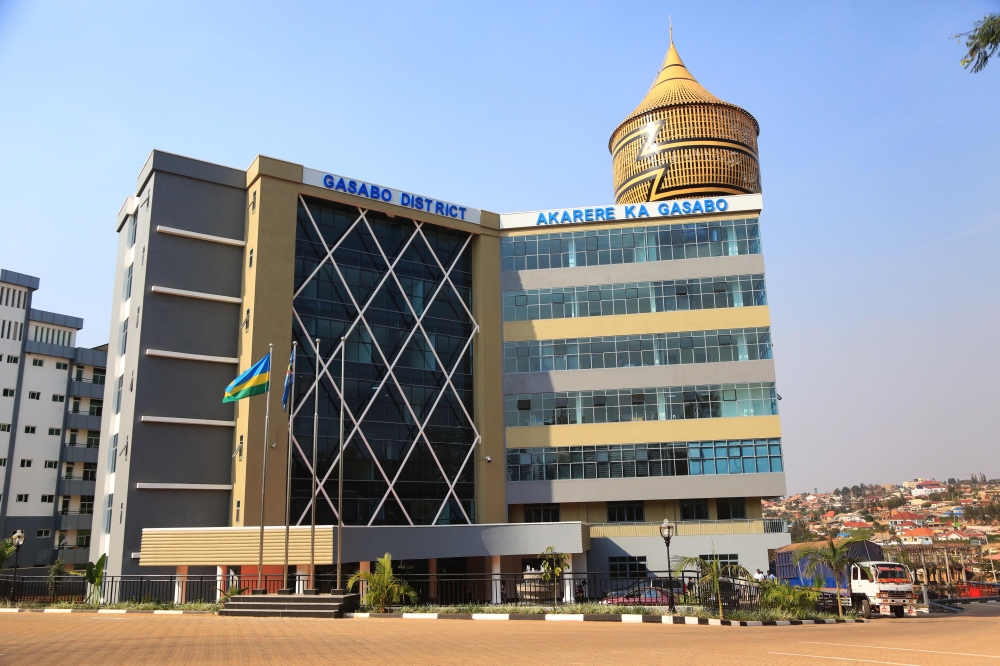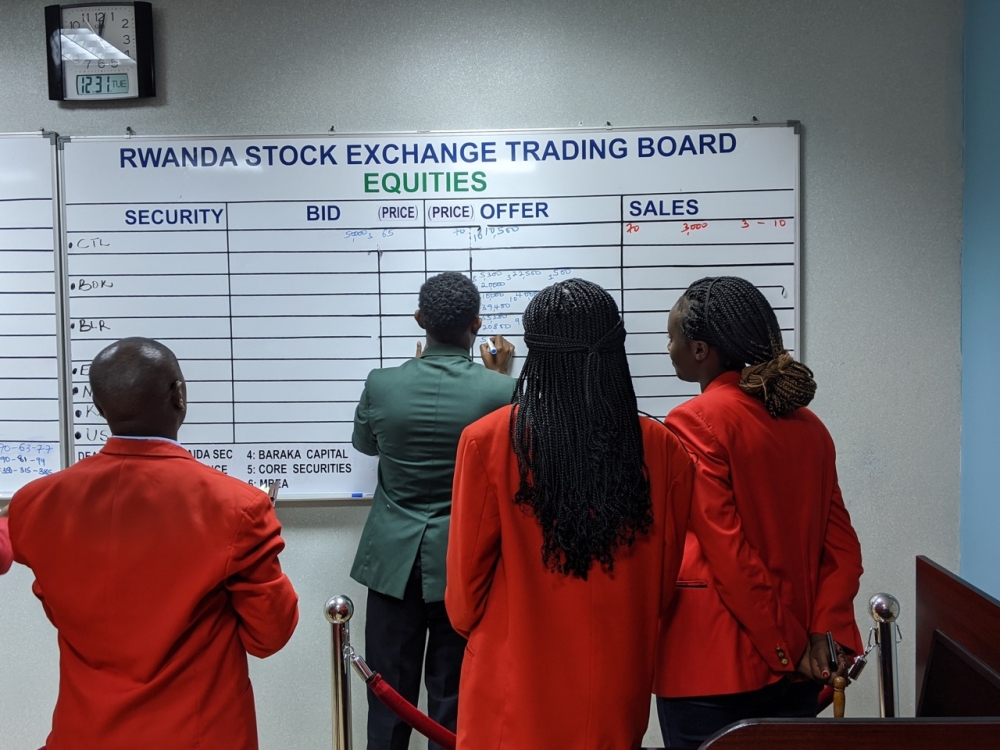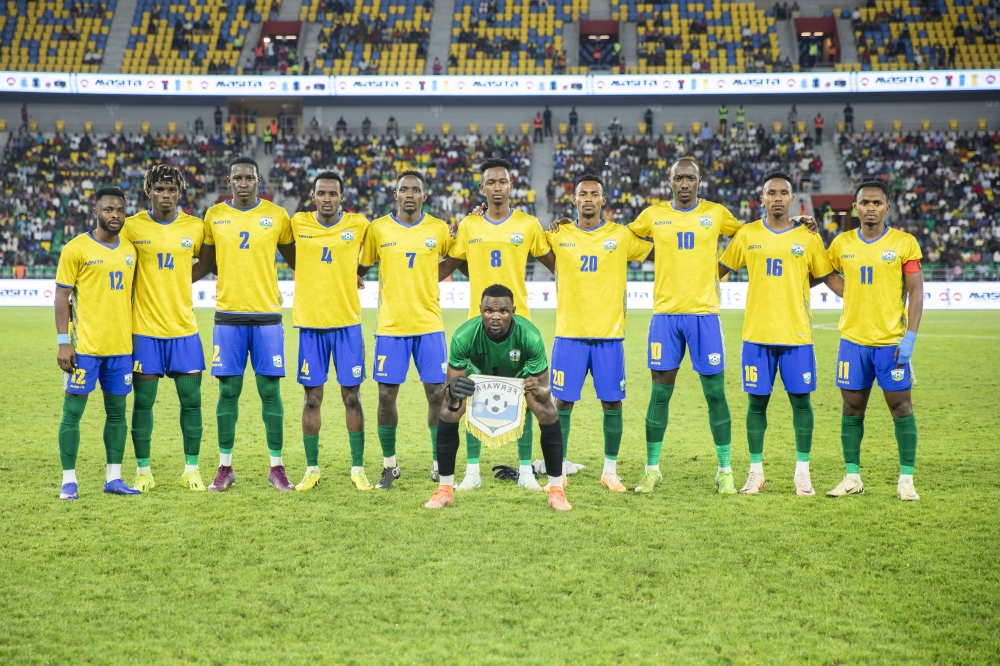For a South African telecommunications company, it represented a unique chance to seize what its chief executive called “one of the most significant ‘virgin’ mobile opportunities in the world.”

For a South African telecommunications company, it represented a unique chance to seize what its chief executive called "one of the most significant ‘virgin’ mobile opportunities in the world.”But the location, he added in a memo marked "Strictly Confidential,” was "no normal country.”The country was Iran. The company, MTN Group, was widely seen as a post-apartheid success story. Now, seven years after MTN and its local partners won a lucrative licence to launch a new Iranian mobile-phone carrier, the deal is swirling in controversy and raising embarrassing questions for South Africa at a time when the Western world is trying to contain Iran’s nuclear ambitions.Turkcell, an Istanbul-based rival, in March filed a federal lawsuit in Washington alleging MTN bribed its way into Iran and stole the licence from under it. It is seeking at least $4.2 billion in damages. An elite South African police unit called the Hawks is investigating. MTN has denied the allegations and called Turkcell’s demands "extortionate.”MTN has appointed a prominent judge in London to conduct an internal probe of the allegations surrounding what has become one of its most valuable holdings. In 2011, MTN generated $1.3 billion, or 9 percent of its annual revenue, from its Iran venture, the company reported.The core of the Turkcell case is the sworn testimony of Chris Kilowan, a former MTN executive who guided the company’s bid to win the Iranian licence and has emerged as the key witness. He has turned over to Turkcell’s attorneys some 7,000 pages of internal MTN documents related to "Project Snooker” - MTN’s code name for its effort, named after a billiard game popular in Britain. "We said we are going to snooker Turkcell,” Kilowan testified.MTN, now Africa’s largest mobile phone carrier, has called Kilowan "a disgruntled former employee” and has termed his allegations "outlandish.”During three days of sworn testimony in Washington that concluded May 2, Kilowan presented an extraordinary tale of a multinational company so intent on winning a contract, it was willing to help Tehran obtain military hardware, sway South Africa’s votes before the United Nations’ International Atomic Energy Agency and pay bribes, sometimes in the guise of consulting fees. MTN has yet to give evidence in the case, which is continuing and may go on for years.






